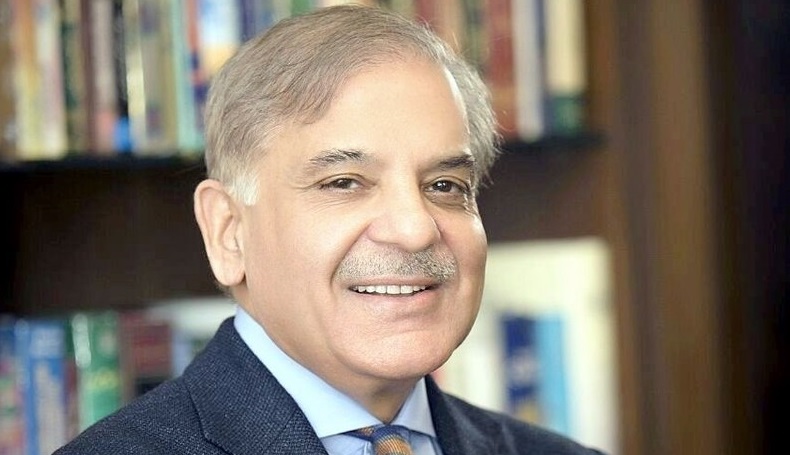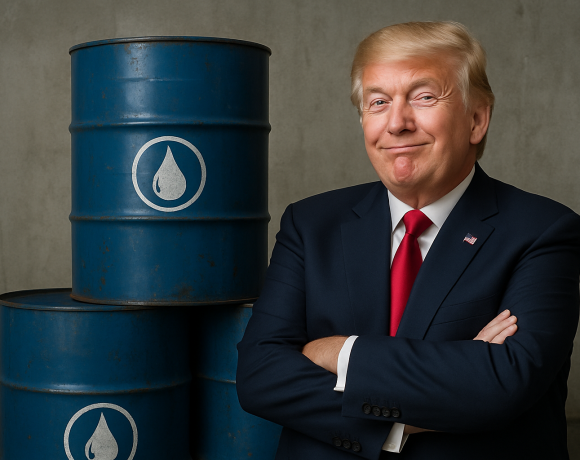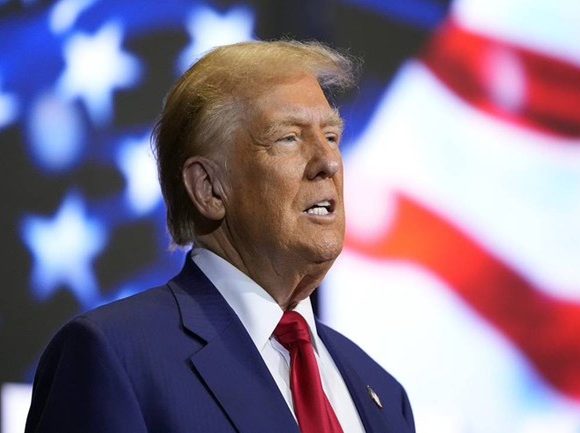
Rubio and Pakistan PM Sharif Pledge to Work for Durable Peace in West Asia
In a significant diplomatic exchange, U.S. Secretary of State Marco Rubio held a telephone conversation with Pakistani Prime Minister Shehbaz Sharif to discuss the evolving security situation in West Asia and prospects for lasting peace between Iran and Israel. The conversation focused on both countries’ commitment to regional stability, with a particular emphasis on containing nuclear threats and strengthening bilateral ties.
Both leaders agreed that a peaceful resolution to the ongoing tensions in West Asia was not only desirable but essential for the broader international community. According to the official statement, they “acknowledged the importance of working together to promote a durable peace between Israel and Iran and maintaining regional stability.” In particular, Rubio stressed the U.S. position that “Iran can never develop or acquire a nuclear weapon,” a sentiment that aligns with long-standing American non-proliferation policy.
Prime Minister Shehbaz Sharif, meanwhile, praised the ceasefire initiative brokered by U.S. President Donald Trump and welcomed the role of diplomatic channels in achieving a temporary de-escalation. He reiterated Pakistan’s willingness to support peace-building efforts in the Middle East and offered Pakistan’s diplomatic resources toward creating dialogue-based resolutions. Both sides emphasized that de-escalation must be followed by consistent, structured engagement from all key players in the region.
Durable Peace
Rubio and Sharif concurred that durable peace in West Asia requires more than just temporary truces; it calls for sustained international engagement and shared responsibility. They agreed to explore multilateral frameworks that could promote long-term stability through political, economic, and regional cooperation.
Iran Israel
The leaders emphasized that the recent military escalations have exposed the fragility of the region and the urgent need to ensure Iran’s nuclear program remains under strict checks. Rubio reiterated that no peaceful settlement would be acceptable if it allowed Iran to edge closer to nuclear capability.
US Pakistan
Beyond regional security, the two leaders discussed enhancing U.S.–Pakistan bilateral relations. They committed to strengthening economic ties, increasing trade volumes, and working together in key sectors like technology and energy. Both sides agreed that deeper economic engagement would reinforce political and strategic alignment.
This high-level engagement reflects a cautious but strategic partnership between Washington and Islamabad, rooted in shared goals of regional peace, non-proliferation, and economic cooperation. As the West Asia crisis continues to unfold, the conversation signals a desire from both nations to lead diplomatic efforts while reinforcing their own bilateral agenda.


















